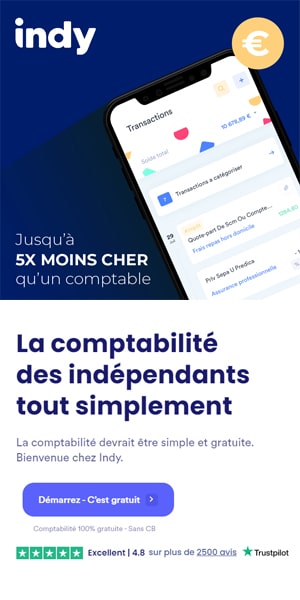According to Ethereum blockchain co-founder Vitalik Buterin, Soulbound Tokens (SBT) would be the future of Web 3.0.
The non-fungible tokens (NFT) have been a hot topic for over a year now. In fact, since August 2021, more than $20 million of NFTS have been traded daily. However, there is still a lot of room for improvement. Indeed, according to Vitalik Buterin, co-founder of the Ethereum blockchain, the next evolution of NFTs would be SoulBound Tokens (SBT), non-transferable NFTs. We explain what it’s all about.
What is a Soulbound Token?
NFTs are designed to be transferable – you can buy, sell and trade these digital assets on a marketplace. This is a characteristic that has fueled their rise to popularity. Some of the most sought-after NFTs have been bought, sold and traded for millions of dollars.
But what if they were not transferable? If they were really yours? After all, there are some things you just can’t sell. Think of your university degree, birth certificate or Aadhaar number. What if these things could be represented by an NFT that would be linked to you for life?
Recently, Vitalik Buterin, published a research paper “Decentralized Society: Finding Web3’s Soul“. While the paper seeks to describe the future of Web 3. 0 and the Ethereum blockchain, it also describes a non-transferable type of non-fungible token, something Buterin calls Soulbound Tokens (SBTs). The term is taken from the famous video game “
World of Warcraft
“, and refers to an item that is bound to the player once his character is equipped with it. Therefore, each SBT issued and awarded at a given address will not be transferable to another address.
As mentioned earlier, Soulbound tokens could be used to represent all sorts of personal information, from college degrees to personal records and even your professional qualifications and work experience.
What are the cases of use?
Buterin imagined many other possible use cases for SBTs:
” A person may have an address that stores SBTs representing his or her educational credentials, work history, or hash of his or her writing or artwork. “
These SBTs could also have other applications in the framework of DAO, allowing theemergence of a DeSoc(decentralized society), as explained in the publication :
« We begin by explaining the DeSoc primitives, centered on accounts (or portfolios) holding non-transferable (initially public) ‘SoulBound’ tokens (SBTs) representing commitments, credentials, and affiliations. These tokens would be like an extended resume, issued by other portfolios that attest to these social relationships. “
This new type of NFT and their societal dimension could lead to many applications, such as:
- Establish provenance;
- Unfreezing under-collateralized loan markets through reputation;
- Enable decentralized key management;
- Counteracting and offsetting coordinated strategic behavior;
- Measuring decentralization;
- Create new markets with decomposable and shared rights and permissions.
So many applications that would allow us to imagine a new way of managing social links and the reputation of blockchains in the near future. As Buterin wrote in his publication, Soulbound tokens could be“a path to an alternative, where NFTs could represent who you are, not just what you can afford to buy. “



